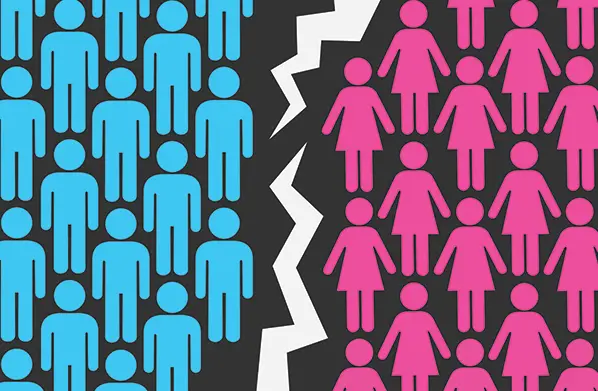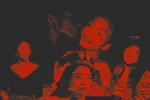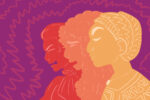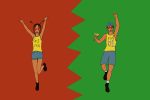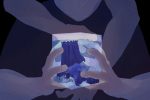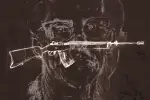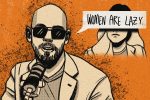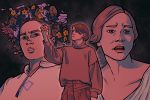Anyone who used the internet extensively as a teenager will remember “meninism,” a term created for a time when men rose up to fight for their rights and were ridiculed widely on the internet, for obvious reasons. Many saw them as misogynistic, but essentially harmless, with ideas that would eventually fade away because of their sheer ridiculousness.
Unfortunately, misogyny is not dying out and has grown to create some of the most hateful online communities. The effects have exceeded beyond computers and cell phone screens, notably when Alex Minassian opened fire and killed 10 people in Toronto last month.
News outlets have been scrambling to understand his ideology, which is the concept of the “incel” or “involuntary celibate” rebellion. This misogynistic uprising is an online community comprised of men who blame women for their lack of sexual experiences and encourage violence as a result.
Far from being just internet chatter, these ideas have been bleeding into the real world and hurting people, meaning it’s time to finally address the overdue matter. Here are four references that speak of misogyny, and how they are hateful spaces on the internet that should be avoided.
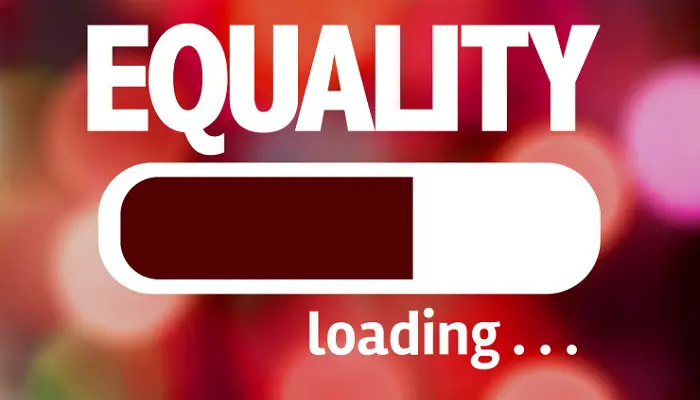
1. “We Hunted the Mammoth”
This blog, run by freelance journalist David Futrelle, is probably the best guide to the online “manosphere” community. Futrelle has been working to understand the phenomenon of feminism backlash for longer than people have been talking about it in the mainstream. He also has a glossary to help sort through the various terms that members of the manosphere use.
From incel to MGTOW (men going their own way), there’s a lot to unpack among the various communities, so beyond “We Hunted the Mammoth,” Futrelle recommends taking a look at RationalWiki’s glossary to learn more.
2. “The Rage of the Incels”
“The New Yorker” ran an article by Jia Tolentino earlier this month that rebuts the idea that these online communities are even concerned about sex or relationships. The article is a reminder to investigate the subtext of some of these claims to see how they are an advocacy for “absolute male supremacy.”
3. “Kill All Normies”
Angela Nagle’s book is another guide to the underbelly of the online world. Nagle explores the connections between the manosphere’s activism and racist online communities. Her book also speaks to a broader spectrum of online spaces that encourages misogyny and racism.
4. “The Dark Corners of the Internet that Spawned Ideas Like ‘Enforced Monogamy’”
Last Friday, Futrelle, who runs “We Hunted the Mammoth,” wrote a piece published on “Broadly” that tells another story about these online spaces, and how some public intellectuals are normalizing incel and other misogynist ideas by advocating a dystopian “redistribution of sex” or “enforced monogamy.”
Many men who join hateful online communities begin their membership because they are feeling alone and unloved. Joining these communities for any reason is only an excuse to exercise acts of bigotry, racism, advocacy of violence or viewing female bodies as commodities. These references listed allow the conversation of these hateful acts to be opened up and discussed further on how to dismantle them.


